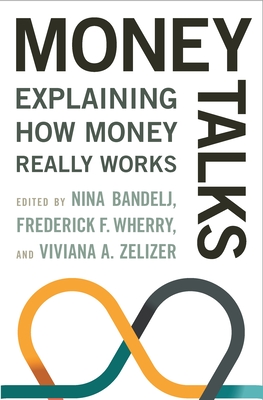Expedite your nonfiction book discovery process with Readara interviews, summaries and recommendations, Broaden your knowledge and gain insights from leading experts and scholars
In-depth, hour-long interviews with notable nonfiction authors, Gain new perspectives and ideas from the writer’s expertise and research, Valuable resource for readers and researchers
Optimize your book discovery process, Four-to eight-page summaries prepared by subject matter experts, Quickly review the book’s central messages and range of content
Books are handpicked covering a wide range of important categories and topics, Selected authors are subject experts, field professionals, or distinguished academics
Our editorial team includes books offering insights, unique views and researched-narratives in categories, Trade shows and book fairs, Book signings and in person author talks,Webinars and online events
Connect with editors and designers,Discover PR & marketing services providers, Source printers and related service providers

Money Talks: Explaining How Money Really Works
Business & Economics > Money & Monetary Policy
- Princeton University Press
- Paperback
- 9780691202891
- 9.1 X 6.1 X 0.8 inches
- 0.95 pounds
- Business & Economics > Money & Monetary Policy
- (Single Author) Asian American
- English
Readara.com
Book Description
The world of money is being transformed as households and organizations face changing economies, and new currencies and payment systems like Bitcoin and Apple Pay gain ground. What is money, and how do we make sense of it? Money Talks is the first book to offer a wide range of alternative and unexpected explanations of how social relations, emotions, moral concerns, and institutions shape how we create, mark, and use money. This collection brings together a stellar group of international experts from multiple disciplines--sociology, economics, history, law, anthropology, political science, and philosophy--to propose fresh explanations for money's origins, uses, effects, and future.
Money Talks explores five key questions: How do social relationships, emotions, and morals shape how people account for and use their money? How do corporations infuse social meaning into their financing and investment practices? What are the historical, political, and social foundations of currencies? When does money become contested, and are there things money shouldn't buy? What is the impact of the new twenty-first-century currencies on our social relations?
At a time of growing concern over financial inequality, Money Talks overturns conventional views about money by revealing its profound social potential.
Author Bio
I'm an Assistant Professor in the Department of Sociology, University of California, Irvine, with faculty affiliations in the Center for the Study of Democracy and Center for Organizational Research.
Recent accomplishments: 2006 Jean Monnet Fellow, European University Institute, Florence, Italy 2005 East Central European Post-Doctoral Fellow, Max Planck Institute for the Study of Societies, Cologne, Germany 2004 Winner of Seymour Martin Lipset Dissertation Award, Society for Comparative Research Ph.D. Dissertation: Emma Embedded Economies: Foreign Direct Investment in Central and Eastern Europe
Research Interests
Economic Sociology, Organizations, Culture, Emotions, Comparative/Historical Sociology, Globalization, Postsocialism, Inequality,
Social Networks, Gender, Knowledge and Ideas, Children and Youth, Immigration, Ethnicity/Race, Mixed Methods.
Education
- 2003 Ph.D., Princeton University, Department of Sociology - Winner of 2004 Seymour Martin Lipset Dissertation Award from the Society for Comparative Research
2000 M.A., Princeton University, Department of Sociology
1997 B.A. (summa cum laude), Augsburg College, Minneapolis (Sociology, with honors, Communication, minor in Business Administration)
1993 International Baccalaureate (with distinction), Ljubljana, Slovenia
Source: University of California Irvine and Princeton University
Videos
No Videos
Community reviews
No Community reviews

